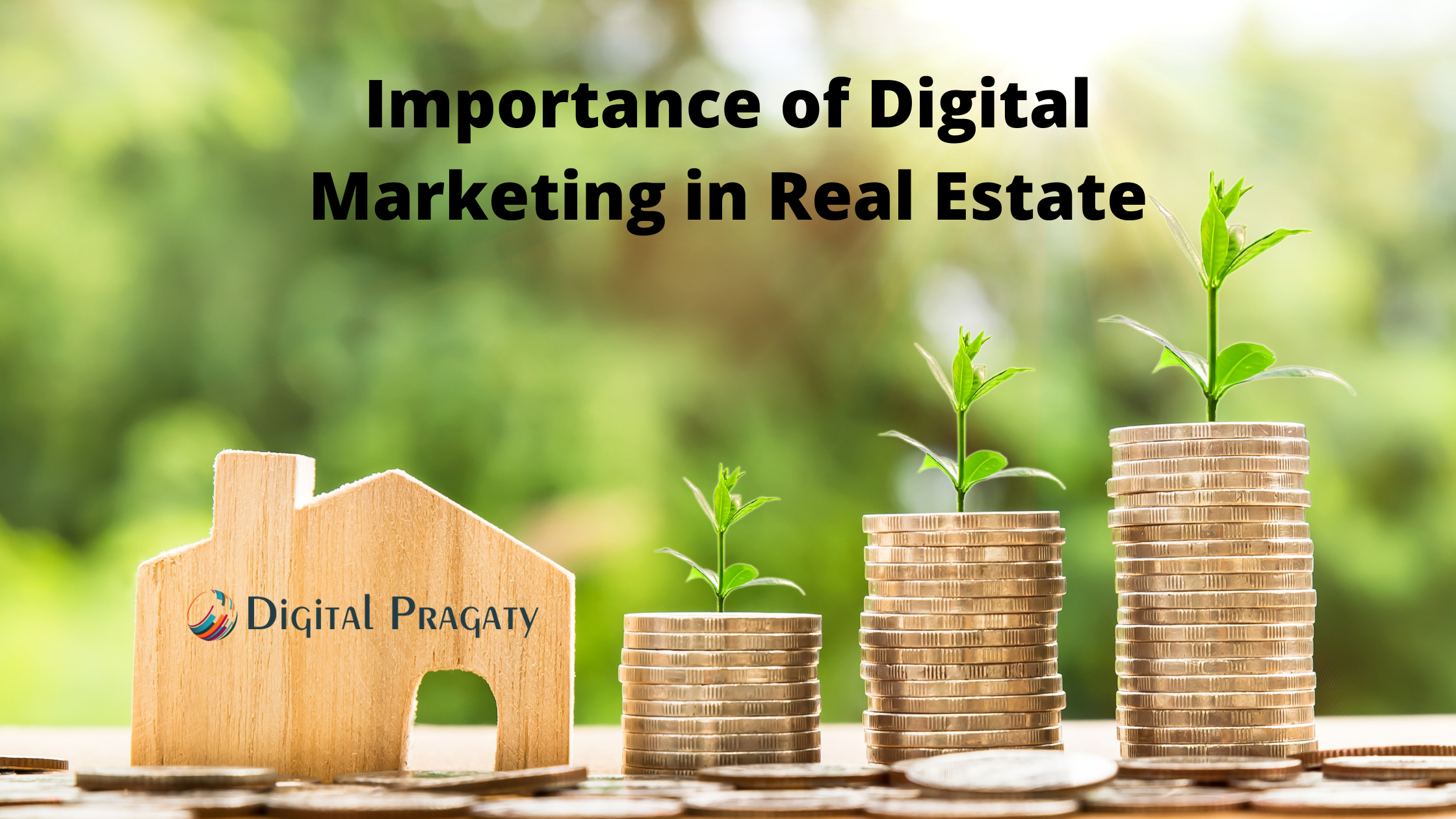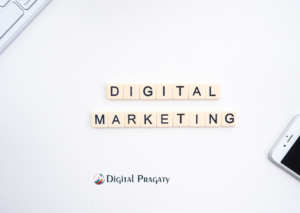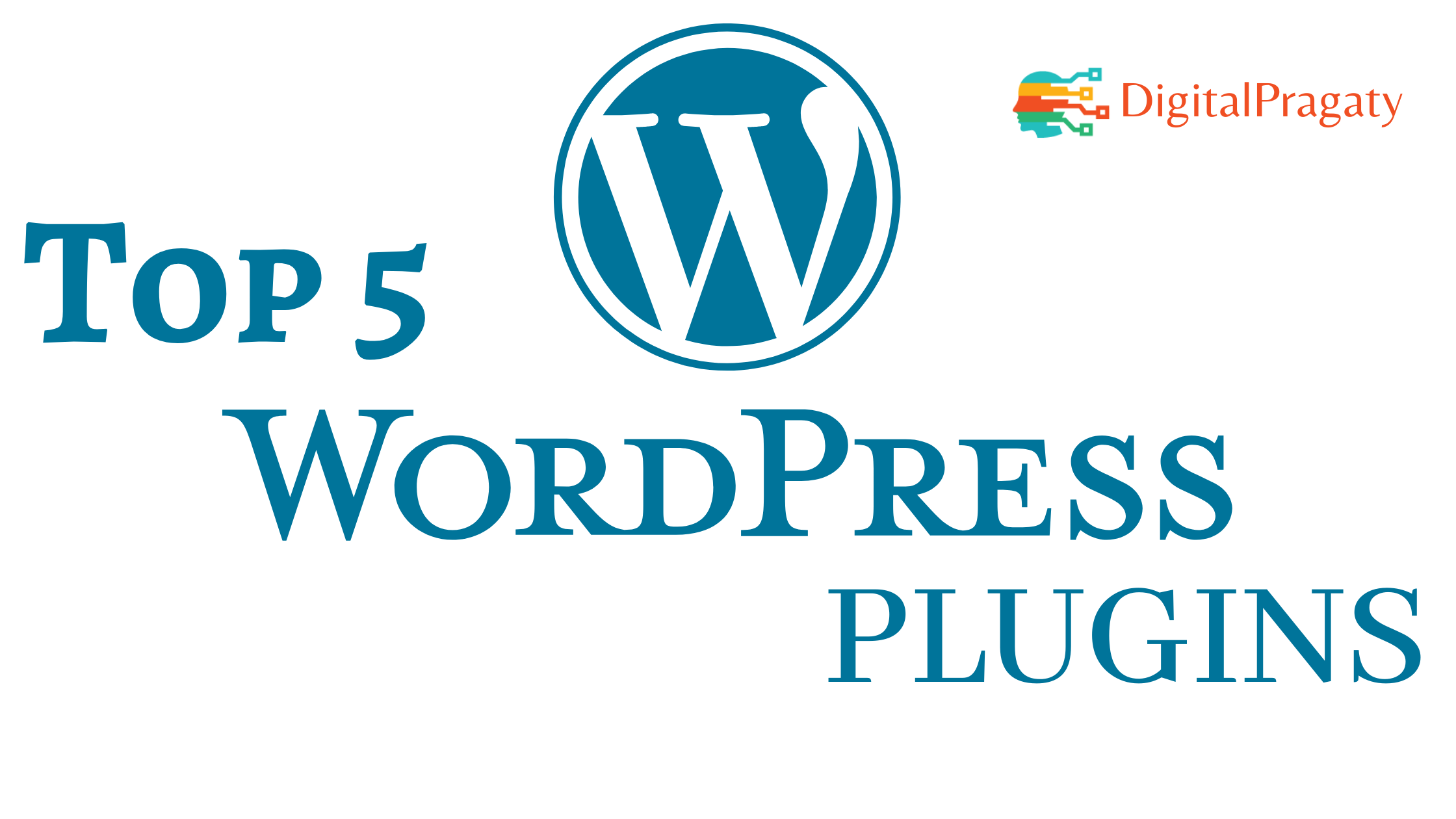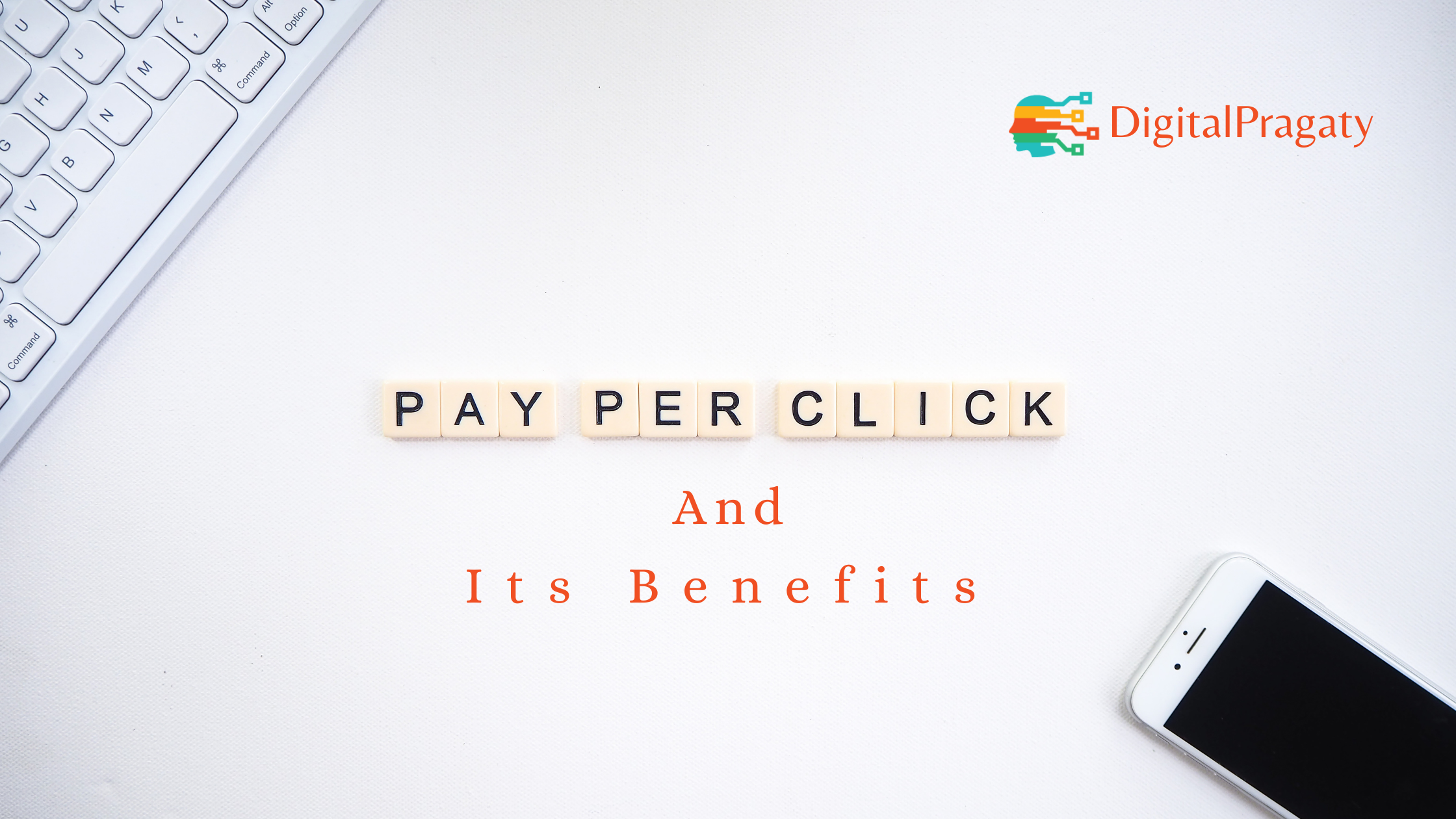
Importance of Digital Marketing in Real Estate
Since modern consumers go for the brands that provide on-demand, personalized experiences, traditional media are no longer enough. That’s why businesses must move with the times and embrace digital transformation to impress their clients. Hence, turning to digital marketing tools as a touchstone of marketing strategy is the right direction to go. If you want to engage buyers, you need to meet their needs and preferences, simple. Adding attractive visual content to your listing is a bullet-proof method for appealing to the new generation of homebuyers. A study revealed that real estate listings that feature more visual content like videos receive 403% more inquiries in comparison to those without it.

Why Digital Marketing?
If you use traditional sales methods in the real estate business (think property showings or open houses), you probably know all the problems connected with them. For starters, they come with high operational costs – measured both in time and money you spend on traveling from meeting to meeting. Another serious disadvantage is the poor customer experience. Homebuyers waste their time traveling to properties that don’t meet their preferences – merely because they looked completely different in listing photos. Combined with a long discovery process and weak marketing ROI, these factors render traditional sales and marketing methods inefficient.

Digital Marketing tools open the doors to reaching your target audience more efficiently and nurturing relationships with your customers in many new ways. Visual content like AR, VR, 3D, or 360° renderings allows showing properties online in the most accurate and user-friendly way. Real estate professionals can do that through remote virtual tours or with the help of specialized online platforms.
Incorporating that type of content into your marketing strategy is the best way to save time and money on inefficient meetings, all the while delivering a fantastic user experience to multiple customers at the same time. Visual technologies are now more accessible and easy to use than ever. Many companies are already using them to accelerate sales and improve their turnover, but they also build transparency and trust in their interactions with clients.
These benefits are just the tip of the iceberg. Here are 6 other critical advantages of using digital marketing tools and visualization technologies in real estate.
1. They help save time and money :
Investing in visual content that presents properties realistically and accurately is the first step to shortening the discovery process.
Customers can use digital tools to view properties on-demand, whenever it suits them best. They can also participate in virtual tours that are guided by agents in real-time. That way, you will save plenty of time and money on face-to-face meetings and property showings.

The best way to provide a top-notch customer experience is by reaching your clients in the comfort of their homes. This way, they won’t have to visit multiple properties before finding the one they like. VR content will enable them to judge properties accurately before they decide to set up a meeting.
2. They help boost brand exposure :
Reaching more customers online is a prerequisite in today’s digital markets. Real estate professionals can use visual content to generate more leads online, but also improve customer engagement and bring more web traffic to their websites and social channels.

Smart distribution of VR content will put you on the track to boosting brand awareness on social media. Also, it will help to create a stable personal brand where trust and transparency are the leading qualities.
3. Meaningful ROI :
VR content helps to reach potential clients in many different ways. You can distribute it on a special web-based platform, in mobile apps, or even on social media.
Did you know that 360° photography and video perform extraordinarily well on Facebook? Visualization technologies will support your Omnichannel marketing strategy and capture the attention of your target audience instantly.
4. They’re easy to implement and use :
Not so long ago, virtual reality sounded like something straight from the future. Now, it’s an accessible technology that finds an increasing number of commercial applications across various industries. Particularly because visualization tools like virtual reality are easy to implement and use. According to experts, they are ready for the mainstream. Moreover, there are many options real estate businesses can choose from that fit all types of budgets.
Most importantly, these technologies are new and exciting – consumers just love interacting with that type of branded content.
5. They offer an unforgettable user experience :
Consider the experience of homebuyers for a moment. Before they get in touch with an agent, 92% of them will search the web. If you invest in web-based marketing channels and revamp the online discovery process, you’ll be helping these buyers find the right property quicker.
As a result, they will associate your brand with top-notch user experience and professionalism. You’ll become a business they can trust to deliver the right offer right where they feel most comfortable.
6. They help to stand out from the crowd :
Visualization technologies like VR or 360° renderings are gaining steam on the real estate market, but the sector is still severely under-digitalized, and there is a lot of room for experimenting with digital marketing tools.
Investing in that type of visual content is bound to differentiate your offer from competitors today. Customers will recognize your brand as a provider of memorable and personalized experience. All in all, visual content delivered in modern digital environments offers a serious competitive advantage, especially in the context of experiential retailing that is critical for real estate business.



